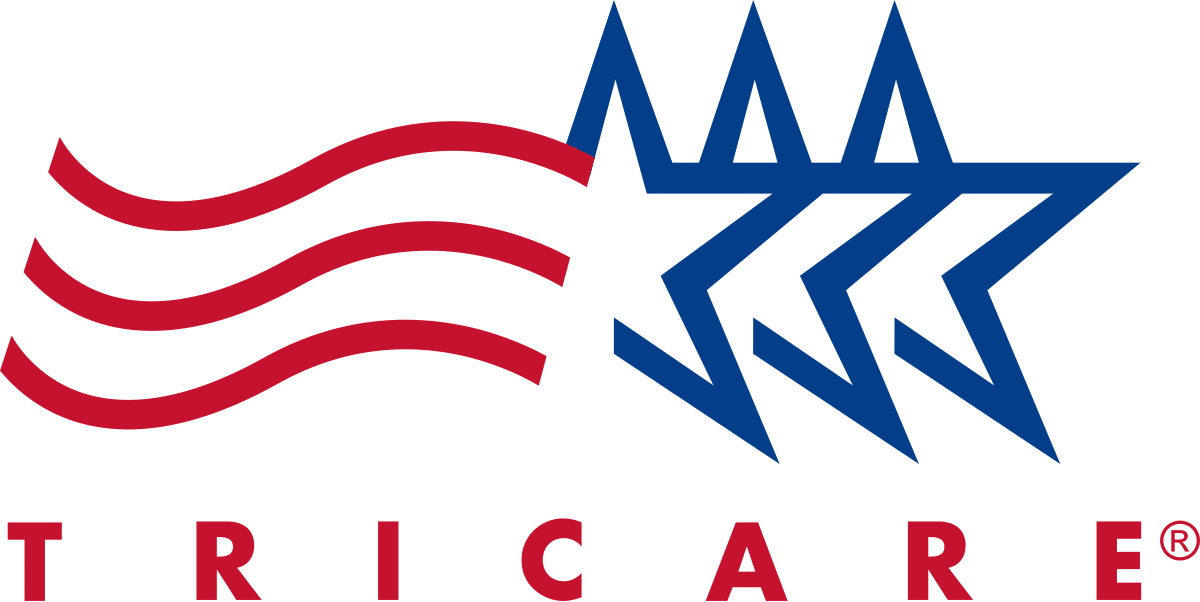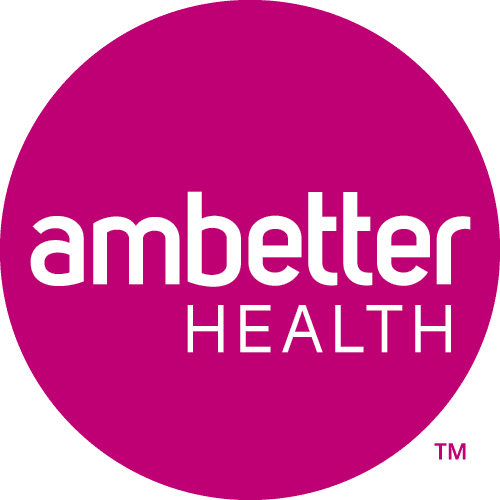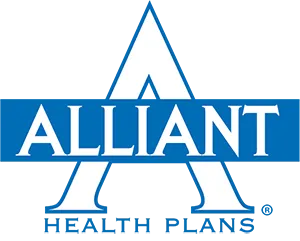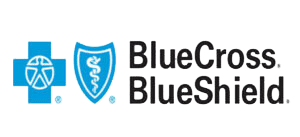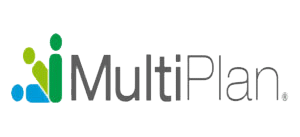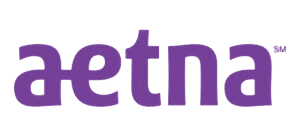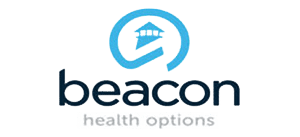Fentanyl Addiction Treatment Center in Rome, GA
Fentanyl Addiction Treatment Center in Rome, GA

Fairland Recovery Center’s fentanyl addiction treatment center in Rome, GA, helps men and women with fentanyl problems address addiction and provides options for long-term recovery. In addition, we offer many types of care for other forms of opioid addiction. Our goal is to use the safest and most effective methods in the industry to get clients off drugs.
Our clients can choose from inpatient or outpatient programs. Inpatient care means living at the center, while outpatient care allows our clients to stay home in the evening and attend treatment during the day.
Our treatment plans are made for each client who walks through our doors. We look at each person’s needs and health, creating a program that best addresses them. We understand that no two clients are the same. Not only are our clients rehabilitated from drug use, but they are also taught various life skills to avoid using drugs again through our relapse prevention programs.
Understanding Fentanyl Addiction
Fentanyl addiction is a serious issue that affects many people, and unfortunately, it is growing in popularity. It has unique symptoms, risks, and treatment needs compared to other opioids. Getting professional help from our teams at Fairland Recovery Center is key to recovery.
Symptoms and Risks of Fentanyl Use
Fentanyl use can cause drowsiness, confusion, and slowed breathing. Users may experience euphoria followed by severe withdrawal symptoms when the drug wears off.
Fentanyl addiction carries a high risk of overdose due to its potency. Even small amounts can be deadly, especially when mixed with other drugs.
Long-term use can lead to:
- Severe constipation
- Sleep problems
- Weakened immune system
- Increased risk of HIV/AIDS and hepatitis
Fentanyl also impacts mental health, often worsening anxiety and depression. Users may engage in risky behaviors to obtain the drug as well, leading to unwanted consequences.
Differences Between Fentanyl and Other Opioid Addictions
Fentanyl is 50-100 times stronger than morphine, making it more addictive and dangerous than other opioids. When used, tolerance tends to build quickly, causing users to need more and more of the drug to feel the same effects.
Because fentanyl is so potent, even experienced opioid users can easily misjudge doses. This can lead to a risk of overdose. In 2023 alone, over 100,000 people died from overdoses, with around 70% being attributed to opioids like fentanyl.
And unfortunately, for men and women who try to stop using the drug, withdrawal symptoms set in. Due to fentanyl’s potency, these symptoms tend to be more intense and set in faster as well. Users may experience:
- Pain
- Nausea
- Vomiting
- Sweating
- Diarrhea
- Fever
- Insomnia
- Depression
- Anxiety
Treatment for fentanyl addiction often requires more extended detox periods than other drugs. Medication-assisted treatment may use different medications or doses compared to other opioid addictions, but the key is seeking medical attention when detoxing. Withdrawal effects can be uncomfortable and dangerous, and oftentimes lead users back to fentanyl when not treated by medical professionals.
The Importance of Professional Treatment
Professional treatment is crucial for fentanyl addiction recovery. Medically supervised detox helps manage severe withdrawal symptoms safely, while longer-term inpatient and outpatient programs treat the root cause of addiction.
At Fairland Recovery Center, our addiction rehab programs offer comprehensive care that may include:
- Therapy to address underlying issues
- Coping skills training for life outside of treatment
- Medication management to minimize withdrawal symptoms
- Aftercare planning that provides ongoing support once rehab is complete
Our inpatient or outpatient programs provide structure and support vital for long-term recovery. Our professional care is also effective in reducing relapse and overdose risks in each of our clients.
Fairland Recovery also uses a holistic approach to treat both addiction and mental health issues. This integrated care improves overall outcomes for those struggling with fentanyl addiction.
Assessment and Personalized Treatment Planning
Our effective fentanyl addiction treatments start with a thorough assessment and tailored plan. This initial process helps our teams identify each client’s unique needs and create a roadmap for recovery.
Initial Assessment Process
The initial assessment at our fentanyl addiction treatment center typically involves:
- Medical evaluation
- Psychological screening
- Substance use history
- Family background assessment
Trained professionals conduct these evaluations. They look for co-occurring disorders like depression or anxiety, a crucial step for addressing dual diagnosis cases effectively.
The assessment also includes:
- Blood tests
- Physical examination
- Mental health evaluation
These tests help determine the severity of addiction and any health issues caused by fentanyl use.
Creating a Personalized Treatment Plan
After the assessment, our treatment team develops a personalized plan for each client we meet. This plan takes into account:
- Severity of addiction
- Physical health
- Mental health status
- Personal goals and preferences
Each plan, though different, may include some combination of:
- Detoxification
- Medication-assisted treatment
- Individual therapy
- Group counseling
- Family therapy
For dual-diagnosis cases, the plan addresses both addiction and mental health issues simultaneously. This integrated approach improves the chances of successful recovery.
What’s critical for our clients is that each treatment plan is flexible. It can be adjusted based on progress and changing needs, and regular check-ins ensure the plan remains effective throughout the recovery journey.
Treatment Modalities
Fairland Recovery Center offers a range of evidence-based approaches. These services are included in our inpatient and outpatient programs and are often combined with medication-assisted treatment. Each of our behavioral therapies is tailored to individual needs.
Inpatient Treatment Programs
Our inpatient programs provide 24/7 care in a structured environment. Clients live at the facility for a set period, typically 30 to 90 days. This allows for intensive treatment and constant support.
We offer comprehensive inpatient care, with services such as:
- Individual therapy
- Group therapy
- Medication management
- Life skills training
- Relapse prevention education
Inpatient treatment helps clients focus entirely on recovery and removes them from triggers and negative influences. This can sometimes be crucial for those with severe fentanyl addiction.
Outpatient Treatment Options
At Fairland Recovery Center, we offer several outpatient programs allowing clients to live at home while receiving treatment.
We provide various outpatient options:
- Standard outpatient: 1-2 sessions per week
- Intensive outpatient: 3-5 sessions per week
- Partial hospitalization program: 5-7 days per week, several hours per day
Outpatient care works well for those with a strong support system at home. These programs also offer more flexibility for those with work or family commitments. However, the fundamentals are still there. Each outpatient program teaches coping skills and provides ongoing support.
Medication-Assisted Treatment (MAT)
MAT combines medication with counseling and behavioral therapies. It’s an effective approach to fentanyl addiction treatment because it helps minimize the effects of withdrawal while also addressing root causes and coming up with plans to maintain sobriety long-term.
Regular monitoring and dose adjustments ensure safe and effective treatment. MAT can be a long-term solution for some clients.
Common medications used in MAT include:
- Buprenorphine (Suboxone)
- Methadone
- Naltrexone
These medications help reduce cravings and withdrawal symptoms. They allow clients to focus on therapy and recovery. MAT is available in our inpatient and outpatient programs in Rome, GA.
Behavioral Therapies
Behavioral therapies are one of the key components of our fentanyl addiction treatments. In general, clients participate in a variety of individual and group therapy sessions that work to change harmful thought patterns and behaviors into positive habits.
Common therapies offered at our center include:
- Cognitive Behavioral Therapy (CBT)
- Dialectical Behavior Therapy (DBT)
- Motivational Interviewing
- Contingency Management
These therapies teach our clients various coping skills and stress management techniques. We work to identify triggers, then give our clients the tools to develop healthy responses.
Our group therapy sessions provide peer support and shared learning experiences. The goal is to connect clients with people who are in or have been in their shoes. We also include family therapy to help repair relationships and build a support network.
Support Services and Aftercare
Effective fentanyl addiction treatment goes beyond just detox and rehab. It includes ongoing support and care to help people stay sober long-term. These services focus on building a strong support network and life skills.
Family Therapy and Support
Family involvement is a key component of recovery. At Fairland Recovery Center, we offer family therapy as part of our programs to help address at-home situations. The goal is to help heal relationships damaged by addiction while also teaching families how to support their loved one’s sobriety.
Family therapy sessions may cover the following:
- Communication skills
- Setting healthy boundaries
- Understanding addiction as a disease
- Coping with stress and triggers
Support groups for family members are also available. These groups help families connect with others facing similar challenges.
Development of Coping Skills and Self-Reliance
Learning to cope with stress and triggers is crucial for long-term sobriety. Treatment programs teach skills like:
- Mindfulness and meditation
- Anger management
- Stress reduction techniques
- Healthy ways to deal with emotions
Clients also work on building self-reliance. This includes job training, education support, and life skills coaching. The goal is to help people in recovery become independent and confident in their abilities.
Continuing Care and Aftercare Programs
Aftercare is a vital part of the recovery journey. It provides ongoing support as people transition back to daily life. Aftercare programs may include:
- Regular check-ins with counselors
- Support group meetings
- Outpatient therapy sessions
- Medication management
We offer sober living homes as part of aftercare. These provide a structured, drug-free environment for people in early recovery. Residents can practice their new skills while still having support close by.
Aftercare plans are tailored to each person’s needs and may last months or even years after initial treatment.
Holistic and Alternative Approaches
Fairland Recovery Center offers holistic and alternative therapies. These methods aim to heal the whole person – body, mind, and spirit.
Integrative Therapies
We offer a variety of integrative therapies that address each client as a whole, providing new hobbies and positive coping skills that can be used to address triggers and anxieties outside of treatment.
Art therapy is one option. Clients express emotions through painting, drawing, or sculpting. This helps them process trauma and build self-awareness.
Music therapy uses rhythm and melody to reduce stress. Clients may play instruments or listen to calming songs. This can lower anxiety and improve mood.
Massage therapy helps relax tense muscles. It can also reduce pain and promote better sleep. Many find it soothing during the recovery process.
Mind-Body Wellness Activities
Yoga classes are common. Gentle stretches and breathing exercises calm the mind, helping clients manage stress and build body awareness.
Meditation sessions teach focus and mindfulness. Clients learn to observe thoughts without judgment. This skill aids in managing cravings and negative emotions.
Hiking trips in nature allow for physical activity and reflection. The outdoors can boost mood and provide a sense of peace.
Tai chi combines slow movements with deep breathing. It improves balance and reduces anxiety, and many find it helpful for staying centered during recovery.
Financial Information
Getting addiction treatment can be costly. Many centers offer ways to help pay for care. Let’s look at some options.
Insurance and Payment Options
Our rehab center in Rome accepts various health insurances, which can lower out-of-pocket costs. Many insurance plans cover addiction treatment. Common providers include Blue Cross Blue Shield, Aetna, and Cigna.
Medicaid and Medicare may also pay for some or all of the treatment. People should check their coverage before starting a program.
Some centers offer payment plans for those without insurance, which spreads the cost over time. Financial aid or sliding-scale fees based on income may also be available.
Other ways to pay include cash, credit cards, and loans. Some people use savings or borrow from family.
If you are wondering how to pay for treatment, call us today to discuss your options. Our teams will explain all payment options. Getting help is essential, even if money is tight.
Accreditations and Quality Standards
Accreditations and quality standards are vital in ensuring fentanyl addiction treatment centers provide high-quality care. These certifications help clients and families make informed decisions about treatment options.
Understanding Treatment Center Accreditations
Treatment centers may seek accreditation from respected organizations to demonstrate their commitment to quality care. The Joint Commission is one of the most recognized accrediting bodies for healthcare facilities, including addiction treatment centers.
Another important accreditation is from the Commission on Accreditation of Rehabilitation Facilities (CARF). CARF-accredited programs have undergone rigorous review to meet strict standards.
Accredited centers often provide more compassionate care and follow evidence-based practices. They typically have qualified staff, safe facilities, and effective treatment methods.
When choosing a fentanyl addiction treatment center, clients should look for these accreditations. They indicate that a facility meets or exceeds industry standards for quality and safety in addiction treatment.
Take Control Today
Don’t let fentanyl addiction control your life any longer. Take the first step towards recovery today by contacting Fairland Recovery Center in Rome, GA. Our expert team is ready to provide personalized, compassionate care tailored to your unique needs.
Call us now at 770-797-7652 to schedule a confidential assessment. Your journey to a healthier, drug-free life begins here. Remember, it’s never too late to seek help and reclaim your future. We’re here to support you every step of the way.
Fairland Recovery Center Treatments
Find Help Now
We accept most major insurances
